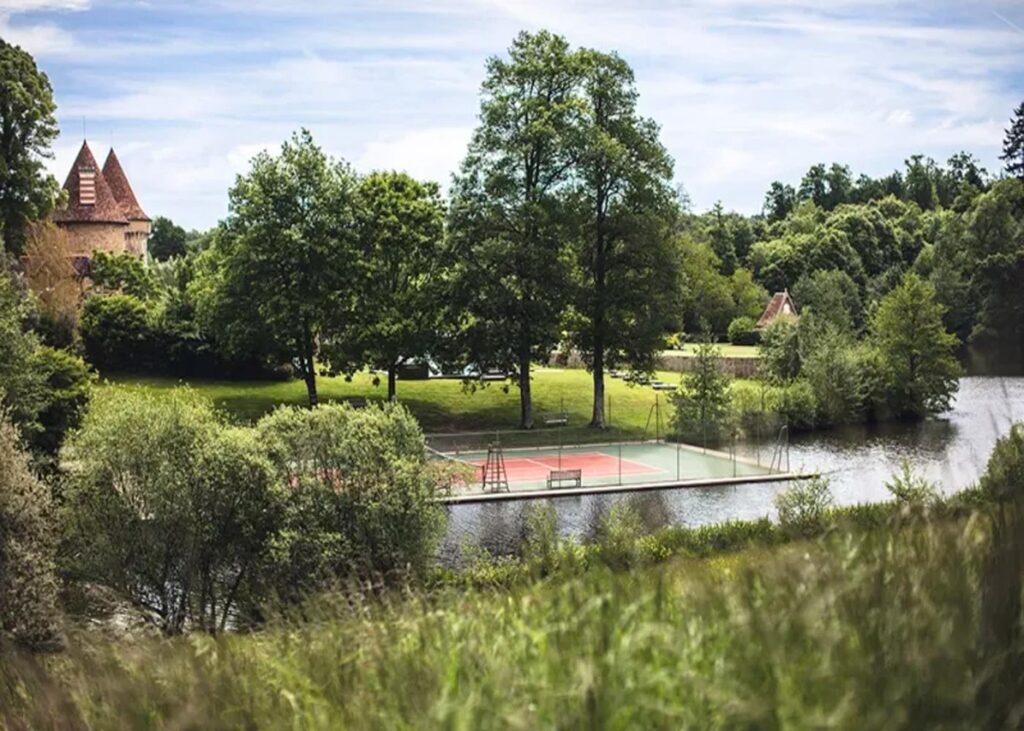
Near the end of this year, travel companies often distribute lists tracking all the upcoming trends. For 2025, according to these surveys, there’s more interest in exploring the world solo (especially women), wellness and multigenerational trips are on the rise and travellers will be enticed by food and drink, events, sports and places like Peru and Krabi.
Instead of forward-looking predictions, a retrospective may be just as useful. On the ground, travel has changed enormously in the last 10 years alone. Sometimes it’s big changes that you notice, sometimes its’ small things but they are discernible once you cast an eye backward to the way things used to be. Here is a little trajectory – personal, subjective and nebulous:
Devices
There are scarcely any telephones in hotel rooms any more. With devices so ubiquitous today, many hotels want you to text them for any issue, concern or request which, to us, is highly inconvenient (a phone call is quicker with less ambiguity), not to mention intrusive (privacy). The other concern is – where are the back-ups if electricity, internet or cellphone service cuts out? Or, if, heaven forbid, there’s an emergency while the systems are down.
Wifi
Using public wifi was regularly regarded as unsafe not that many years ago. There were dire warnings about safety and that others could get access to the information you were sending over that connection. The warning is still there for those who bother to read the fine print, but now, hotels have completely got rid of the old LAN lines. Rarely do they provide a secure wifi connection, and so you’re often stuck with public wifi.
Maps
At a train station recently, we asked for help as to what train line to take. The fellow responded that he doesn’t check the physical map anymore, and just uses a famous search engine. Ease is wonderful, but some of the skills that it takes to read a map and process that information is being lost.
Cash
Going cashless has become more acceptable and, while this is convenient, it has several drawbacks – the conversion rates and bank rates are sometimes astronomical, and many of these fees are based on the day of purchase, meaning they fluctuate, so you’re at the whim and mercy of the market. Again, in a cashless society, where is the backup? Earlier this year, in the UK, we had a preview of what this would look like – the systems for processing payment went down for a day or so and it was utter chaos.
Texting
Communication through devices is the norm but somehow the message is often lost. I can’t tell you the amount of times, despite people texting constantly, that someone is left waiting for an appointment or reservation for hours with no word. Often, it’s a mix-up in a name, number or some other really simple but vital piece of information. Usually it is easily solved with face-to-face or voice communication.
Charging
Then there’s the issue of a drained battery – perhaps the greatest of modern inconveniences. We read a piece of advice the other day that recommended having a paper copy of your ticket and not just the digital code saved on your device. That way, the author argued, you do not have to be paranoid about your battery draining and being left in the lurch. I remember when this era was being touted as the paperless age, so much for that. A paper copy will still always save the day.
Planning
Preplanning used to be imperative. I stood outside a pub recently and watched as a young man pulled out his device and looked up the reviews of the place. “They say it’s not great,” he reads. Accessing instantaneous reviews, making on the spot itineraries, crowd sourcing opinions was not what you did a decade ago. It is nice sometimes, but travel, like life, is made up of surprises, the good and the bad. You have great experiences and not so good ones and somehow altogether they make a trip. Knowing beforehand what a place is like completely eliminates the element of surprise, or disappointment (some would argue that is the thrill of travel you never know what will happen next). It also takes away your ability to make up your own mind – your experience or taste might be different than the reviews.
The way we travel now is essentially as part of a digital world. But looking back to the analogue age and even now (when we allow it), some of the best moments that ever happen abroad are when you put down the technology and (have to) engage with people and places. Having a perfectly set up, technologically up-to-date trip is wonderful, it gives you a sense of ultimate control. But then where are the moments where your mistakes, your fallibility, your sheer ridiculous humanness invites the kindness of others or makes you laugh at yourself? Where is the tension and interplay of the good, bad and sublime? When are the moments that allow mistakes and flaws to unfold and play a surprising part in the travel experience?
This original article first appeared in the SUMMEr 2025 issue of City Style and Living Magazine.
Get More Inspiration
from City Style and Living















